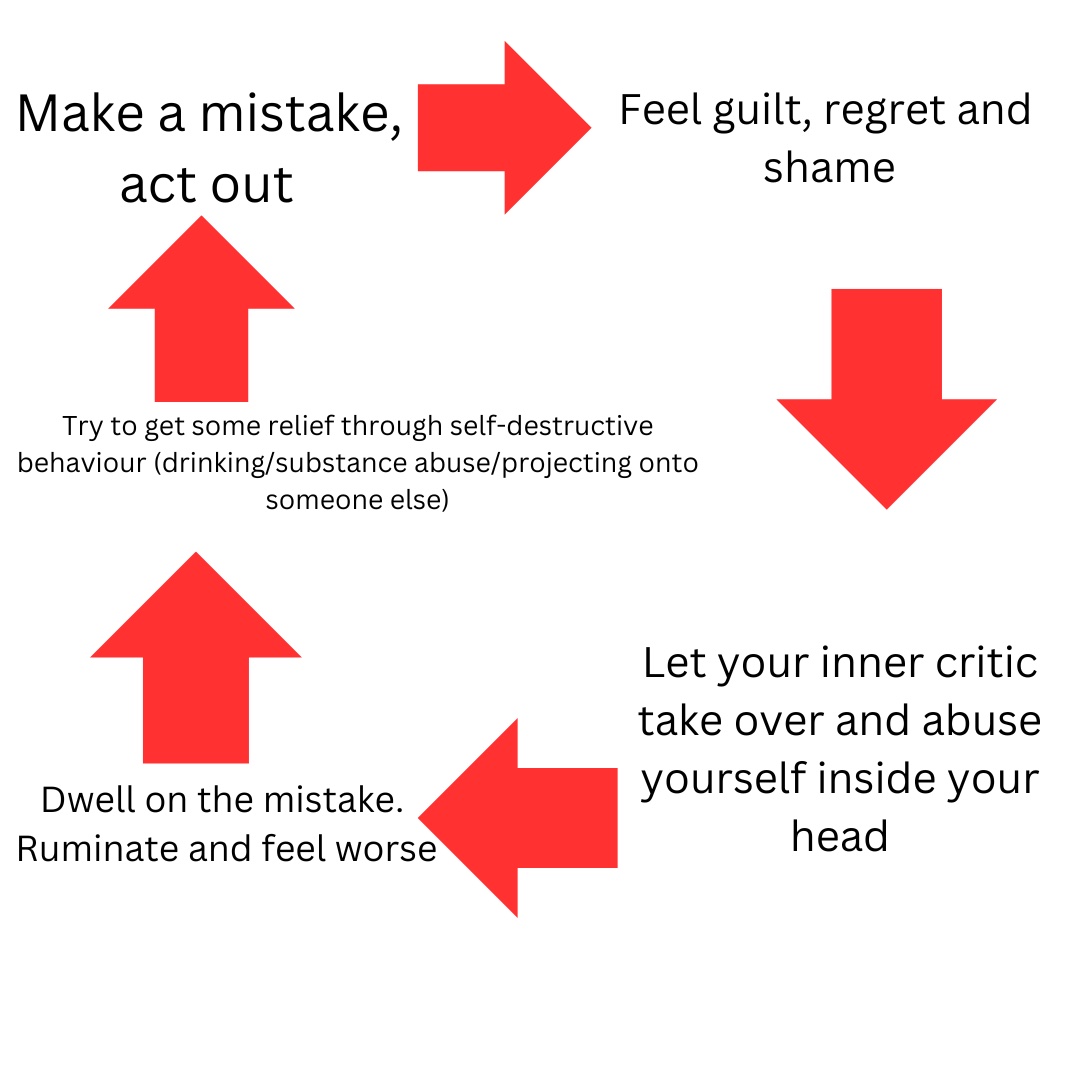Toxic shame is literally the opposite to Self-Worth. Toxic shame is a feeling deep down that we are worthless. It usually begins in childhood, when we are criticised by parents/caregivers, teachers or other adults (who we believe know better than we, as children, do).
Normal shame is healthy. We begin to develop shame between the ages of 18 months and 3 years. Healthy shame is what prevents us from defecating in public, for example, or as children, teaches us not to throw temper tantrums. It lets us know our limits, that as people we have limits.
It reminds us that human beings will make mistakes. It keeps us grounded and lets us know that at times we need to ask for help.
But shame can turn toxic. If we are constantly criticised, bullied, neglected, abused, or we can even inherit it from our parents.
Parents can (often subconsciously) blame children for their own failures and their own faults.
Any child on the receiving end of this will feel increasingly imperfect and flawed. This shame that’s forced on them will become internalised.
As adults they will always have a deep core belief that there is something wrong with them. Shame-based negative beliefs will be dominant. This is often thinking such as: I’m unlovable; I’m never good enough; I’m such a loser; I’m so insignificant; I’m really stupid; I’m so ugly; I really hate myself…
If these feelings become the norm, many people start to use maladaptive coping mechanisms such as alcohol, drugs, self-harm, eating disorders, or engaging in risky behaviour to deflect or avoid the feelings of shame.
If left untreated, toxic shame can lead to:
Codependency
Anger and rage
Eating disorders
Post-traumatic stress disorder (PTSD) or CPTSD
Obsessive-compulsive disorder (OCD)
Isolation and feeling alone
Addictions and substance abuse
Depression/anxiety
Healing toxic shame and beginning to develop self-worth can be hard. I have put together a list of how to begin.
1. Reparenting our inner child – acknowledge what happened to you as a child. Journal as your inner child; write a letter to your inner child; be the parent to your inner child that you needed back then.
2. Learning how to handle your mistakes and having the courage to be vulnerable and imperfect (you are an imperfect human)
3. Learning to apologise when you are wrong – instead of internalising the shame!
4. Meditate to create an inner place to peace and silence, where you are grounded, and can shut off your inner critic.
5. Replace judgement with curiosity. Become of aware of your inner critic. Curiosity about your emotions can help you develop into a more caring and understanding perspective. Some helpful questions are: What was I thinking? What was I feeling? What did I need at that time? What did I do to try to meet my need?
6. Therapy – talking to a therapist who is experienced at dealing with trauma and shame.
If you put in the work, it will work,
Andrea, x

